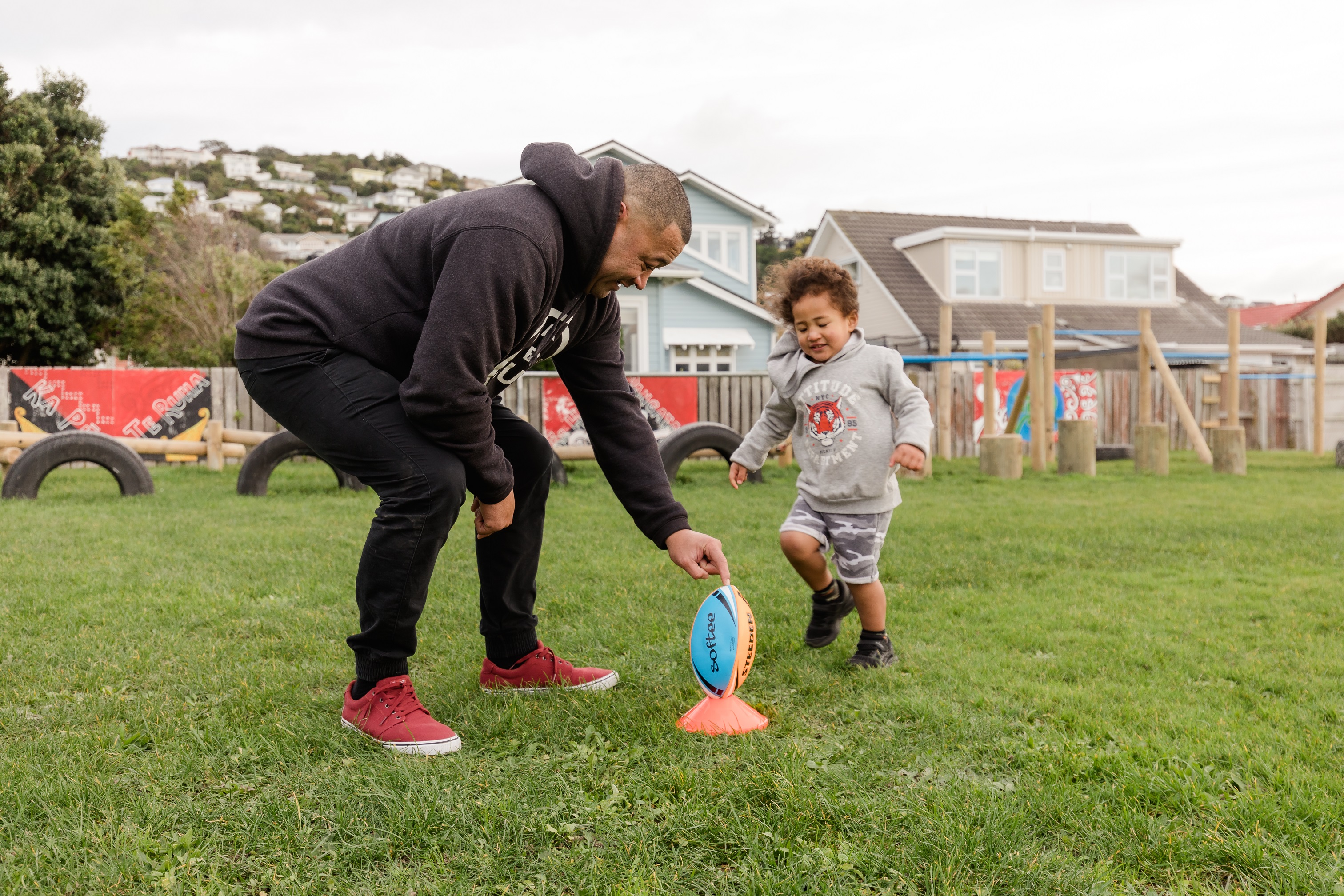Care Standards give tamariki in care a voice
Published: March 28, 2019
Part 4 of the National Care Standards is about supporting children and young people to express their views and contribute to their care experience.

Giving tamariki a voice
Under Part 4, every child and young person in care needs to receive child-friendly information about the regulations, and be supported to speak up or make a complaint if they’re not getting the level of care they’re entitled to. We also need to provide a way for them to capture the important things that are happening in their lives, and make sure they can easily take their belongings with them and keep them safe.
Child-friendly resources for children and young people
The National Care Standards include a child-friendly statement of rights, and we’re using this content to develop resources for children and young people in care so that they understand what they’re entitled to under the regulations. These resources will be available in a range of languages and be accessible for children and young people with disabilities. We’ll also create versions for different ages and learning stages.
In April we’re talking to children and young people to make sure they have a say in what these resources look like. We’re also working with our Voices for Children team and an organisation called Talking Trouble who are experts at communicating effectively with young people.
Capturing life events and taking care of their belongings
We’re developing a life events/story book solution so that tamariki and rangatahi can capture and have easy access to the important things happening in their lives while they’re in care, such as photos, school reports and art work. We’re also working on a storage solution so that children and young people in care can easily take their belongings with them wherever they go and keep them safe.
Find out more
The National Care Standards set out the standard of care every child and young person can expect when they’re in care, and the support caregivers can expect to receive when they open their hearts and homes to tamariki. They come into effect on 1 July 2019.
They cover a range of things that are really important for young people in care, like supporting them to express their views and develop a life plan, keeping them connected to their family and whānau, giving them opportunities to participate in their culture, and ensuring their education, health and recreation needs are met.

